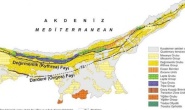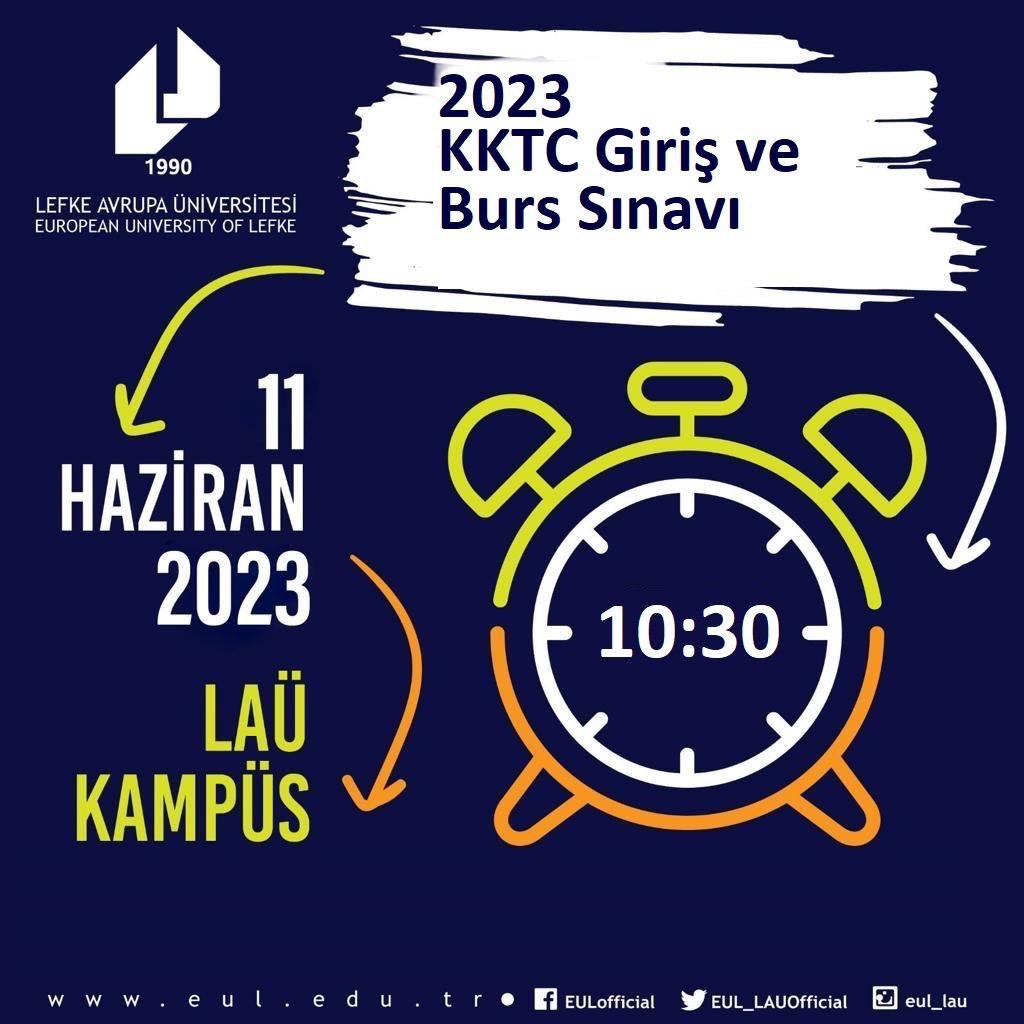After a meeting of their representatives on Thursday, the union bosses decided to give the government and employers’ organisations a January 5 deadline to satisfy their demand, after which they would consider taking across the board measures.
The mass action would be decided at a pan-union congress on January 11, they said in a statement. The two big union federations, Peo and Sek, which represent private sector workers, have indicated they were prepared to compromise, by saying they would accept the full restoration of CoLA gradually, over a period of time, without specifying a timeframe.
Currently, an agreement in force since 2018 provides that 50 per cent of the cost-of-living index is incorporated in wages at the start of every year. The old scheme that was scrapped during the economic meltdown, envisaged the adjustment of wages, in accordance with the cost-of-living index, every six months. For the old scheme to be re-introduced there has to be an agreement between the social partners, but employers’ groups have flatly rejected this. In fact, some employers have been demanding the complete scrapping of CoLA, as a way of controlling surging costs.
Leaving aside the conventional economic wisdom on the inflationary effects of wage indexing, which omniscient union bosses in Cyprus refute, the full restoration of CoLA will not help the workers most in need. Between 25 and 30 per cent of private sector workers are paid the CoLA, while the overwhelming majority, whose employment is not governed by collective agreements, are not. Those most in need – people on minimum wage and part-time employment – will see no benefit from the full restoration of CoLA but will have to cope with even higher prices, as indexing will fuel inflation.
The only workers that will really benefit from the economically harmful full CoLA are the fat cats of the public sector – teachers, civil servants, hospital staff, policemen – who will have the added bonus of past pay cuts being ended from January. Full restoration of CoLA will add, according to the finance ministry €150 million to the public payroll, an amount which has not been budgeted for 2023. In short, CoLA, in its original form, will make the best-paid and least productive workers better off and leave the lowest paid struggling even harder to make ends meet.
What sort of society promotes such blatant inequity? It is quite appalling that Peo and Sek are backing this inequity, fighting for all the public sector fat cats to get fatter, while only a quarter of the rest of the work force would benefit from CoLA.
The government could perhaps make this distinction in coming up with a compromise. Rather than give CoLA to the best paid workers, who will see their wages rise by close to 10 per cent from January (CoLA would be close to 5 per cent, plus restoration of pre-crisis salaries, plus increments), it could allocate the €150 million it would have paid for full CoLA in the public sector, to support workers on low incomes who cannot make ends meet.















